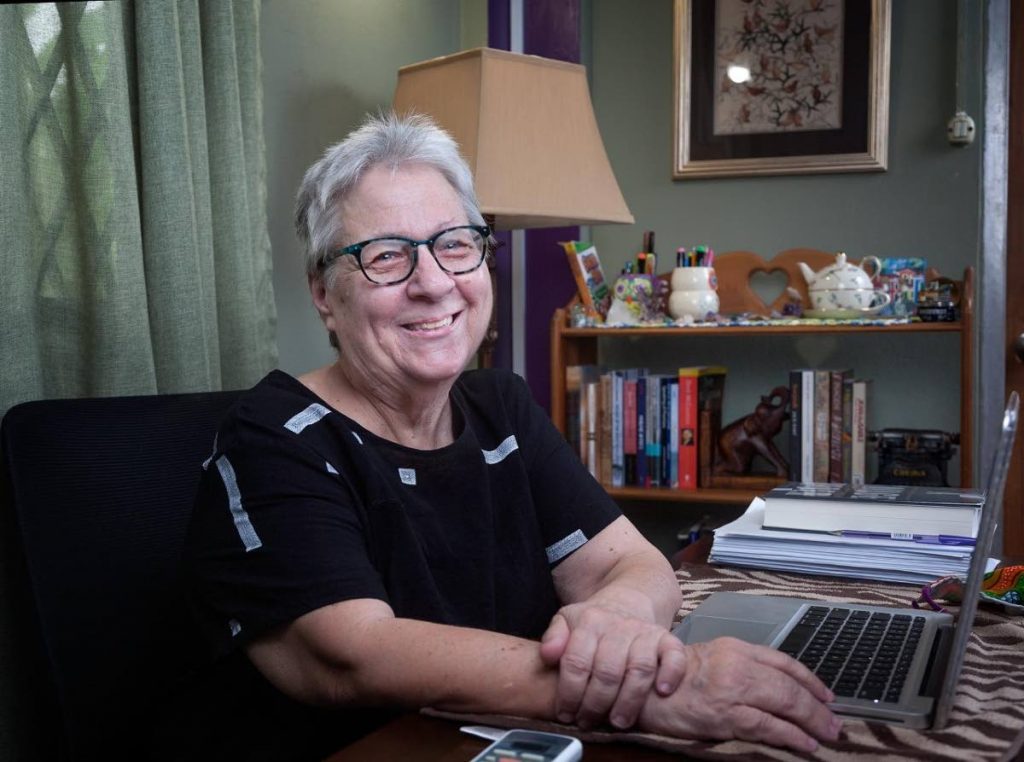Powerful message from athletes

THIS IS the year when athletes really came through for us, and we discovered that athletes represent us in many more ways than we once thought. They didn't just demonstrate the super-athletic feats that most dream of achieving, but never can. Athletes showed us they too have a vulnerable side and suffer from depression that we can’t always recognise or articulate.
From the moment Japanese American tennis star Naomi Osaka pulled out of the French Open and cited mental health concerns and US gymnast Simon Biles pulled up in the Olympics citing physical and mental concerns, these two athletes sent a powerful message about taking care of ourselves mentally as well as physically. We all need to learn that lesson about not pushing our minds and bodies to unreasonable levels in order to please others.
Other athletes before Osaka and Biles have sent clear messages about mental health, but somehow those messages never resonated as they do now. In an interview with CNN in 2018, Michael Phelps, who won 28 Olympic swimming medals before he retired, said he suffered major depression after every Olympics. In 2011, tennis star Serena Williams confessed she felt depressed after winning Wimbledon the previous year.
In the wake of his brother’s suicide, NFL quarterback Dak Prescott of the Dallas Cowboys admitted he often felt depressed – especially since covid19 lockdowns. Prescott was shamed mercilessly by some sportscasters, who said he should not have admitted this. It seems we don’t have the capacity to understand depression in men who represent tough sports.
Many of us grew up feeling that it is our duty to show up and perform – whether it is school, athletics or work. We feel it is our duty to push ourselves beyond reasonable limits because we are supposed to live to please others – not ourselves. We all have an image to own up to that is not always healthy.
We have been conditioned to take abuse – especially in the workplace – because we are supposed to fear keeping our jobs. When we are overworked, abused or bullied by others, we have been conditioned to hide our feelings. We are not supposed to admit we feel down because of physical or emotional fatigue.
We know that depression often accompanies illness, even the seasonal flu, but we don’t talk about that. In the past, we pushed our sick selves to return to work before we were ready physically and mentally. Covid19 lockdowns have wreaked havoc on our emotional state, but we are supposed to suck that up also.
I am an introvert who is happy at home most of the time, and the isolation and worry over this disease ravishing the world often make me depressed. It has made me think about depression in general and how we tend to ignore the signs.
We are lucky that athletes have stepped forward to share their feelings about depression with us. Now, I wonder what we will do with this information. How will the workplace deal with the pandemic of depression we all feel from having such disrupted lives?
What will employers do with the information they have garnered during lockdowns, which shows that productivity was on the rise when people worked from home and did not have to face endless traffic and long, tiring days?
We all want balance back in our lives. People want to go back out to work, but I think just about everyone would argue for some work-from-home days to avoid long work weeks with depressing traffic. It's time we face that fatigue leads to depression.
And what about the way so many people are treated at work? Distance made us recognise the condescending attitudes of insecure supervisors who feel that leadership means cracking the whip, calling for more meetings and more reports because they don’t believe people naturally have the capacity to be professional? We put up with that in the past.
What about incentives for exercise and recreation that go beyond that annual sports day to combat depression? Long ago, someone had the brilliant idea of personal days for employees, but many employees feel guilty for taking personal days.
We used to guilt employees who did not drag their sick selves to work. Now we know how this practice endangers the rest of staff.
Covid19 and athletes have taught us much about ourselves and depression. We all need help to manage depression. It’s the bravest thing to do in a world that has pushed us to our utmost limits.


Comments
"Powerful message from athletes"